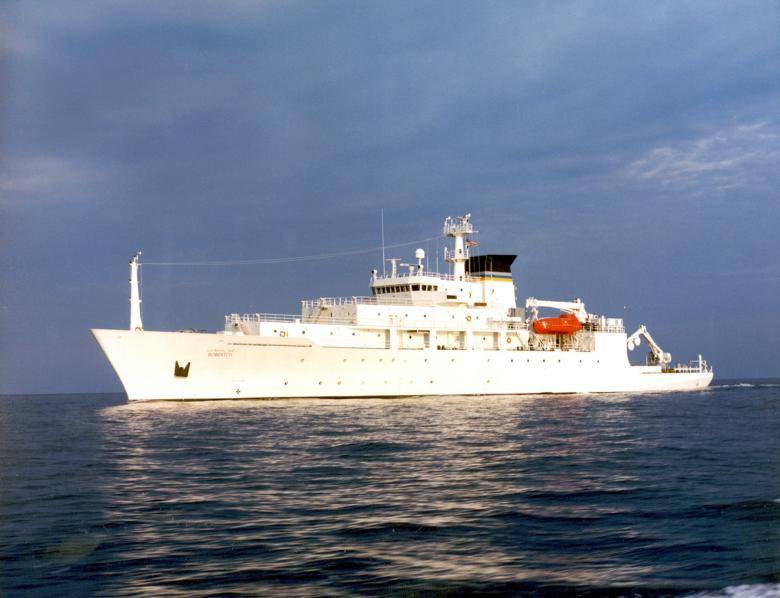Beijing (Reuters): Earlier this week, an underwater drone taken by a Chinese naval ship in the South China Sea is part of U.S. surveillance efforts in the disputed waterway, but Beijing won't likely to give any news regarding its handover, Chinese state media and experts said.
U.S. President-elect Donald Trump jumped on the unusual drone seizure with a pair of provocative tweets, accusing Beijing of stealing the equipment. Donald Trump has vowed to take a more aggressive approach in dealing with China over its economic and military policies.
According to foreign media, the drone, known as an unmanned underwater vehicle (UUV), was taken on Thursday, the first seizure of its kind in recent memory.
The Pentagon went public with its complaint about the incident and said on Saturday it had secured a deal to get the drone back. China claims its looking for an appropriate way to return the vehicle, but accused Washington of hyping up the issue.
China is deeply suspicious of any U.S. military activities in the resource-rich South China Sea.
The ruling Communist Party's People's Daily said on Monday the USNS Bowditch, which was operating the drone, was a "serial offender" when it came to spying operations against China.
"The downplaying of the actions of the drone cannot cover up the real intentions in the background," it said. "This drone which floated to the surface in the South China Sea is the tip of the iceberg of U.S. military strategy, including toward China."
The drone, which the Pentagon said was operating lawfully was collecting data about the salinity, temperature and clarity of the water about 50 nautical miles northwest of Subic Bay, off the Philippines.
Ma Gang, a professor at the People's Liberation Army National Defence University, told the media that the USNS Bowditch is an "infamous" military reconnaissance ship that has been surveying China's coastal waters since 2002.
"Oceanic data is crucial for ship formations, submarine routes and battle planning," Ma said. "Therefore, it is normal for the Chinese Navy to be suspicious of Bowditch's activities given past experience."
"As soon as an underwater drone enters our waters for close in surveillance, it may be used to collect all sorts of information about submarine routes for our navy, seriously threatening our naval security," Zhang said.
Ni Lexiong, a naval expert, Shanghai University of Political Science and Law, told Reuters he believed the Chinese navy probably had orders to take the drone.
The 24 U.S. air crew members were held for 11 days until Washington apologized for the incident. That encounters soured U.S.-Chinese relations in the early days of President George W. Bush's first administration.


